I figured since I'm knee deep in reviewing submissions for Allegory and operating as a content editor for both eXcessica and FIDO, I'd take a moment to talk about what I am looking for in a story.
I lead a very busy life between my day job, my writing, my marketing efforts and operating in an editorial capacity, so when I sit down to read a submission, I want to be swept away.
I want to forget about the ten gazillion things on my plate and get lost in the story.
I want to feel something; love, hate, fear, sorrow, joy.
I want to be moved in some fashion by what I read.
In order to do that, the writer must leave passive voice at the door. Passive voice is the kiss of death in my book. Telling the reader the story instead of letting them experience it for themselves is a cardinal sin and a lesson I learned with a little help from some very savvy and very patient writing friends.
Let me give you a hideous example of passive voice from my own archives:
This is from the very first draft of Survival Games:
They sat in solemn silence as the memorial service began. The priest had inspirational words for the family about knowing that their loved one was at peace with God. Family and friends shared stories of their experiences with Jessica and expressed how much they would miss her.
BORING! No wonder why the original version didn’t get the fan fare I hoped for. Frankly - it sucked. At the time, I didn’t know better but as I said before, I learned. Not only did I benefit from harsh critiques but I also invested in some fantastic on-line writing courses. My favorite series by far is Margie Lawson’s Deep Editing courses, I highly recommend them for the beginning writer and even those more seasoned writers that want to dig deeper.
After a long road from first draft to where I am today, I’ve learned to write with impact.
Now compare the original with the same passage in the published version:
They sat in silence and the memorial service began. The priest shared inspirational words for the family about their loved one being at peace with God, but it did nothing to fill the hollowness in his soul. He didn’t want to know Jessica was in heaven, he wanted her here to help raise their family, to watch them grow, to rejoice and celebrate year after year together. He wanted his wife and as family and friends shared stories, Daniel listened with a bitter and empty heart.
Twenty years together.
Twenty years gone in the squeal of tires and exploding gas.
Twenty years and now he was alone.
This passage engages active voice and enlists rhetorical devices, letting the reader into the character’s head, thus making it a more compelling read than the earlier version.
If something akin to my original version crossed my desk, I’d stop reading right there. Basically, if the first page is riddled with ‘was’, ‘were’, ‘is’, ‘are’, ‘to be’ and ‘had’, I won’t read any further and your story will be rejected. I know that sounds harsh, but it is what it is.
Another thing I watch for is info dumps. The key with back story is to sit and write everything you can about a character and then read it with an ultra critical eye. What does the reader REALLY need to know? Will this information propel the story forward? If the answer is yes to either of these questions, the info can stay, everything else should be nixed. Too much back story brings the momentum to a grinding halt.
The key to a fantastic read is letting your audience get into the main character’s head, into his hearts, feel what he is feeling, tasting, hearing, smelling and touching. But this can be taken too literally, too far and what ends up happening is head hopping from one point of view to another, which is another faux pas. The reader loses a sense of connection when the point of view is constantly switching.
Each passage, chapter or section should be one character’s point of view unless your book is from an omnipotent point of view, but that is another challenge all together. If you’re in Johnny’s head (POV) and he has his back to Sally, you shouldn’t show Sally’s facial expressions unless Johnny’s an alien and has eyes on the back of his head. *wink-wink*
I’m usually a little more forgiving on this unless it starts to pull me out of the story, then like passive voice and info dumps - the story will end up on the rejection pile.
The last thing I look at is dialog and the overuse of adverbs. Period pieces aside, if dialog doesn’t ring true, or sounds contrived or forced, you are dead in the water. The best advice here is to read it aloud, that flushes out the more awkward phrases and such. Also, ask yourself if you would speak like that. If the answer’s hell no - change it.
And as far as adverbs - I’m of the opinion that these are the lazy man’s alternative to writing fresh and too many will land you on the rejection pile.
I’m sure none of this is new or ground breaking for those who have been around the block, but for those new to the ring, I’m hoping this will help you step back and look at your piece with a more critical eye before submitting to any publication. The writing has to be concise and compelling no matter what the genre.
So, I wish you a sharp pen and an even sharper razor to cut the needless phrases, the passive voice and those pesky adverbs.
Good luck and God bless!
JET.
Subscribe to:
Post Comments (Atom)




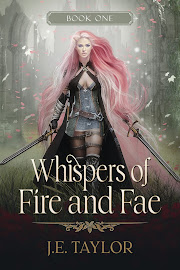

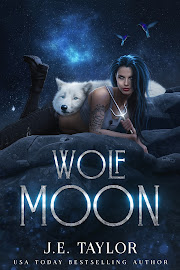
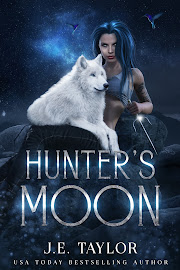





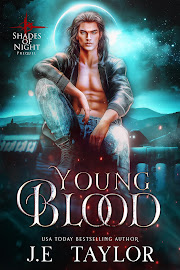
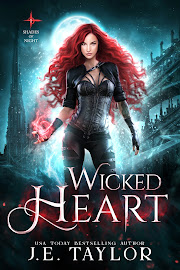
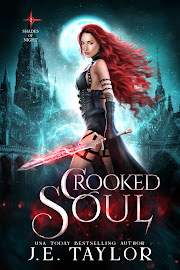
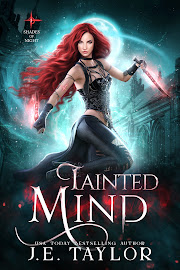
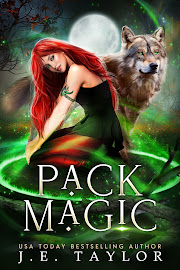


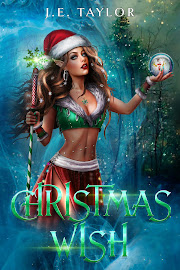
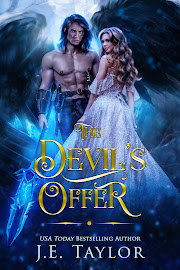

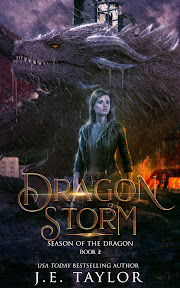





















































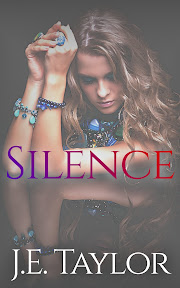

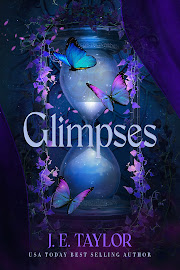
No comments:
Post a Comment